- +233 55 555 1661
- info@agf.farm
- MON - FRI: 8:00AM - 4:00PM
AGF B.V. has secured a $1M seed to accelerate a 10,000-hectare Smart Circular Agro-Food & Carbon Innovation Vehicle in Ghana’s Kwahu Afram Plains. With GIDA support, the program targets land restoration, 2,500 rural jobs, and >1Mt CO₂ removal over 10 years.

African Golden Food is a Ghana-based vertically integrated agribusiness combining production of cereal and grain, legumes and pulses, vegetables and organic compost fertilizer.
Our aim is to converting Ghana’s agriculture into a global breadbasket and transforming Ghana’s future.
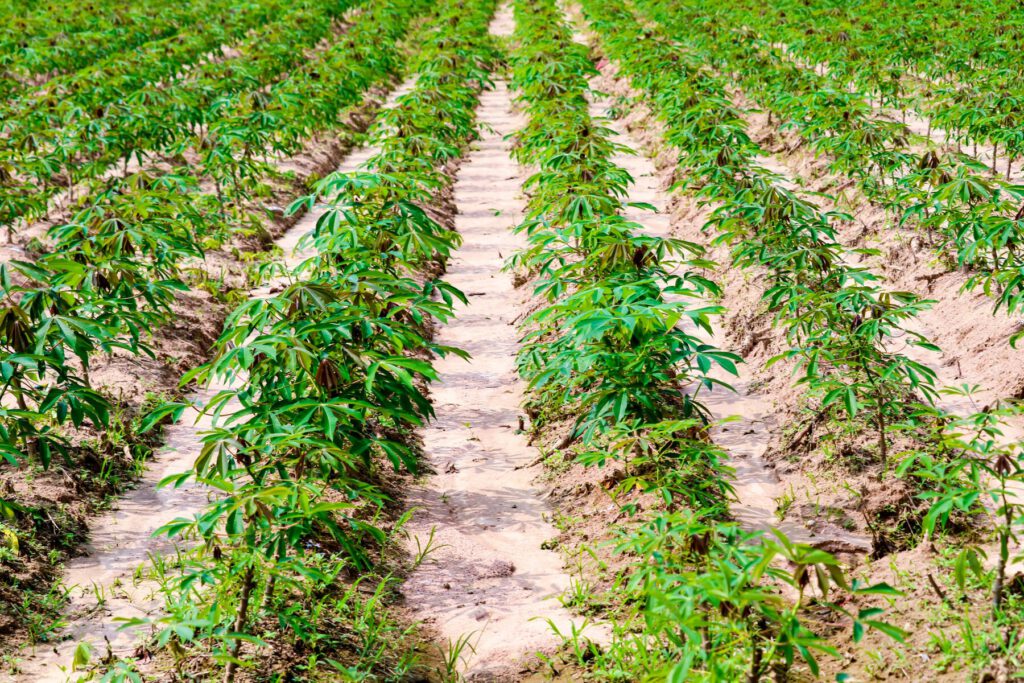
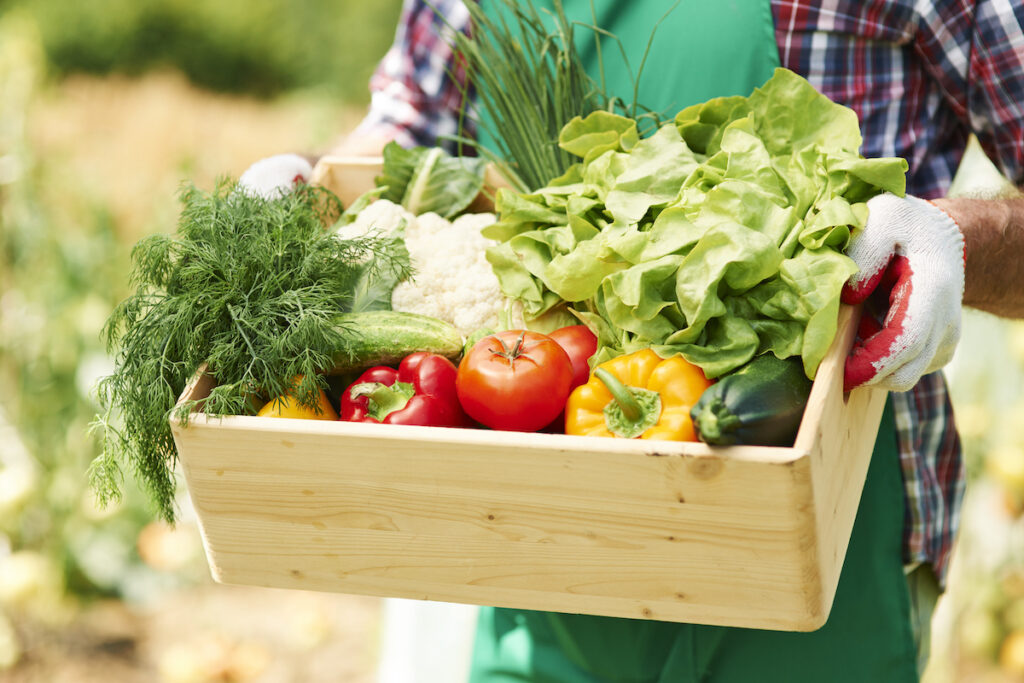
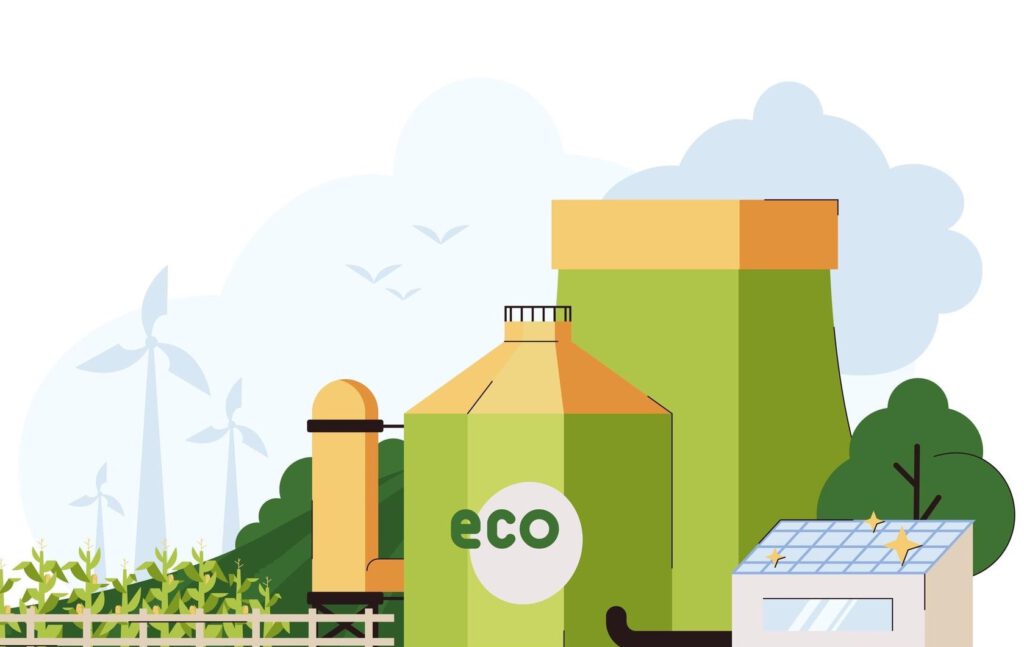
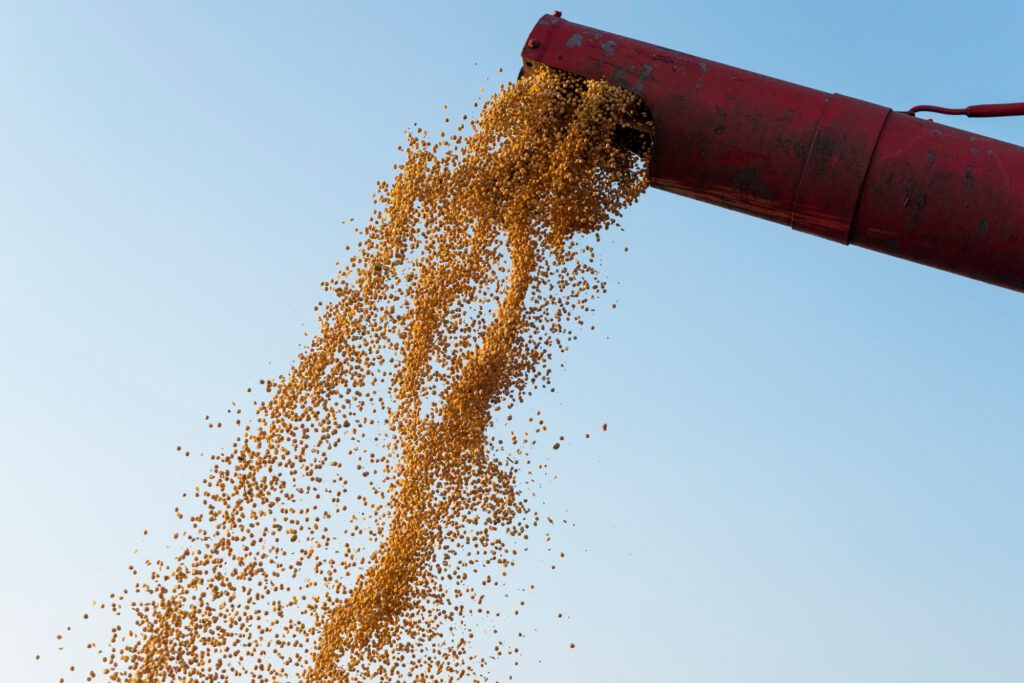
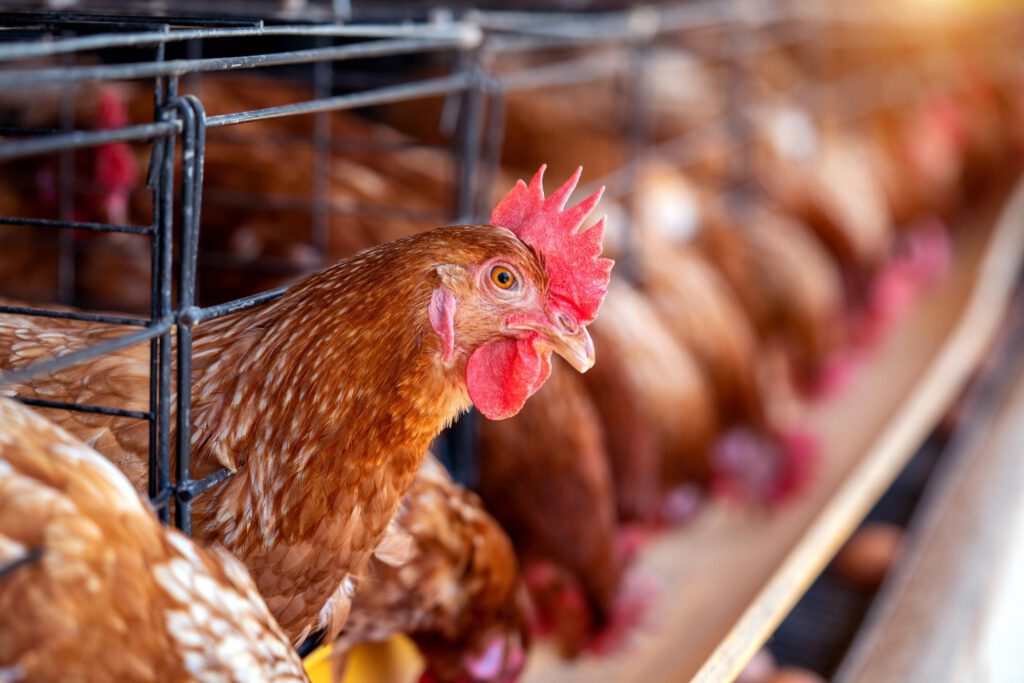
Agricultural ecosystems hold substantial carbon reserves. The following farm practices promote carbon sequestration by either increasing storage of carbon or reducing the loss of stored carbon:
- Enhance nitrogen management through nutrient management planning
- Reduce tillage
- Decrease bare fallow
- Return crop residues to the soil
- Establish agroforestry systems
- Increase cover cropping
- Implement rotational grazing
Each farm operation has different opportunities for energy conservation and fuel switching. Some examples include:
- Conduct an on-farm, all-fuel energy assessment to identify energy saving opportunities
- Ensure that all heating and cooling systems are in good working order
- Use timers, sensors or variable speed drives on ventilation, heating, cooling and lighting systems
- Replace fossil-fuel powered equipment with electrical pumps and motors
Renewable energy sources can displace fossil fuel use, reducing GHG emissions on and off-farm. They can also help decrease reliance on energy sources with volatile prices, and create new economic diversification opportunities for agricultural producers. Renewable energy technologies suitable for on-farm use include:
- Geothermal
- Solar thermal infrastructure
- Wind turbines
- Solar panels (photovoltaic)
- Rechargeable batteries
Livestock and manure management are significant contributors to agricultural GHG emissions. The following practices can sequester carbon and / or mitigate GHG emissions from livestock and manure:
- Use livestock feed additives
- Practice rotational grazing to sequester carbon in the soil
- Select high quality feed that will reduce methane released from enteric fermentation
- Manage manure to reduce methane and nitrous oxide
- Cover manure storage facilities
- Optimize manure use with nutrient management plan
- Capture and combust methane from manure storage